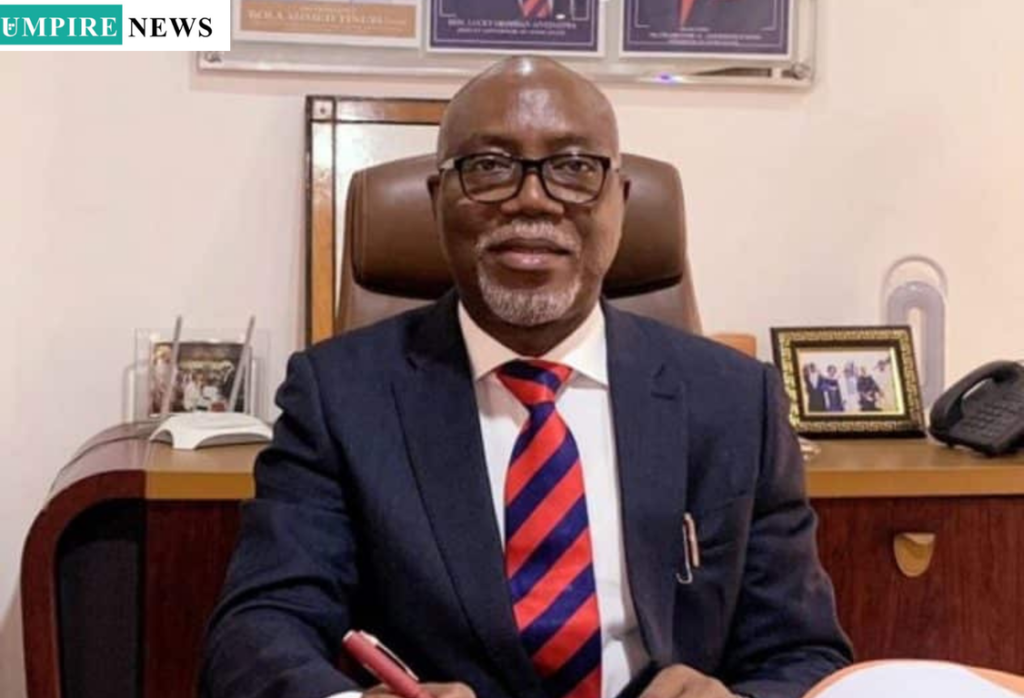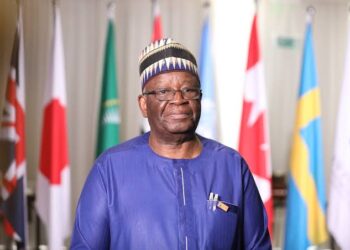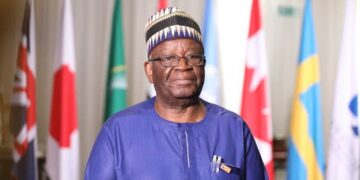In the wake of his recent dismissal, Adeboye Ewenla, who previously held the position of Special Assistant on Forestry for Ondo State, has vehemently denied the bribery allegations that led to his termination by Governor Lucky Aiyedatiwa.
The situation has drawn considerable attention, both locally and beyond, as it raises significant questions about governance, accountability, and the integrity of public officials.
Ewenla was relieved of his duties following claims made by timber traders, who alleged that he was involved in corrupt practices related to the management of forestry resources.
These allegations suggest that Ewenla may have engaged in unethical behavior while overseeing the state’s forest reserves, a position that inherently comes with a degree of responsibility and oversight.

However, Ewenla firmly contends that these claims are entirely unfounded and represent a deliberate attempt to undermine his credibility and tarnish his reputation.
In a comprehensive statement released on Wednesday, Ewenla expressed his frustration and disappointment with the situation. He asserted, “The allegations are completely false and are designed to damage my reputation. I have been a staunch advocate against illegal activities in government forest reserves, and this is retaliation for my efforts.”
His words reflect a deep commitment to maintaining ethical standards in forestry management, and he views the accusations as a personal attack on his character rather than a legitimate concern about his conduct.
The former Special Assistant emphasized that the funds at the center of the controversy relate to lawful government processes rather than any form of personal enrichment.
He elaborated, stating, “The payments discussed are for the government, not for my personal gain. The Ondo State Government has imposed strict bans on deforestation and unauthorized activities within our forest reserves.”
This statement highlights his belief that the allegations stem from a misunderstanding or misrepresentation of his role and the financial transactions associated with it.
Ewenla has a history of advocating for responsible environmental practices and sustainable management of natural resources.
He has consistently worked to combat illegal logging and other activities that threaten the ecological balance within the state’s forests. In his view, the claims made against him serve as a distraction from the important issues facing forestry management in Ondo State.

He argues that those who benefit from illegal activities may have a vested interest in discrediting individuals who are genuinely working to uphold the law and protect the environment.
Despite the circumstances surrounding his dismissal, Ewenla remains steadfast in his commitment to integrity. He asserts that he will not be deterred from advocating for lawful practices in the state’s forestry management.
His dedication to ethical governance is particularly crucial at a time when environmental concerns are increasingly at the forefront of public discourse.
With deforestation and illegal logging posing significant threats to biodiversity and climate stability, Ewenla’s efforts are essential for promoting sustainable practices.
The fallout from this situation extends beyond Ewenla himself. It raises broader questions about the integrity of public officials in Ondo State and the measures in place to ensure accountability.
Many citizens are concerned about the potential for corruption within government ranks and the impact it has on the management of natural resources.
Ewenla’s case serves as a reminder of the challenges faced by those who seek to uphold ethical standards in public service.
Adeboye Ewenla’s rejection of the bribery allegations against him reflects his determination to maintain his reputation and advocate for ethical practices in forestry management.
His firm stance against corruption and illegal activities highlights the need for accountability and transparency within government institutions.
As he navigates this challenging period, Ewenla remains committed to his principles, emphasizing that the fight for lawful governance and environmental protection is far from over.
The implications of this situation will likely resonate within Ondo State’s political landscape for some time to come.




































